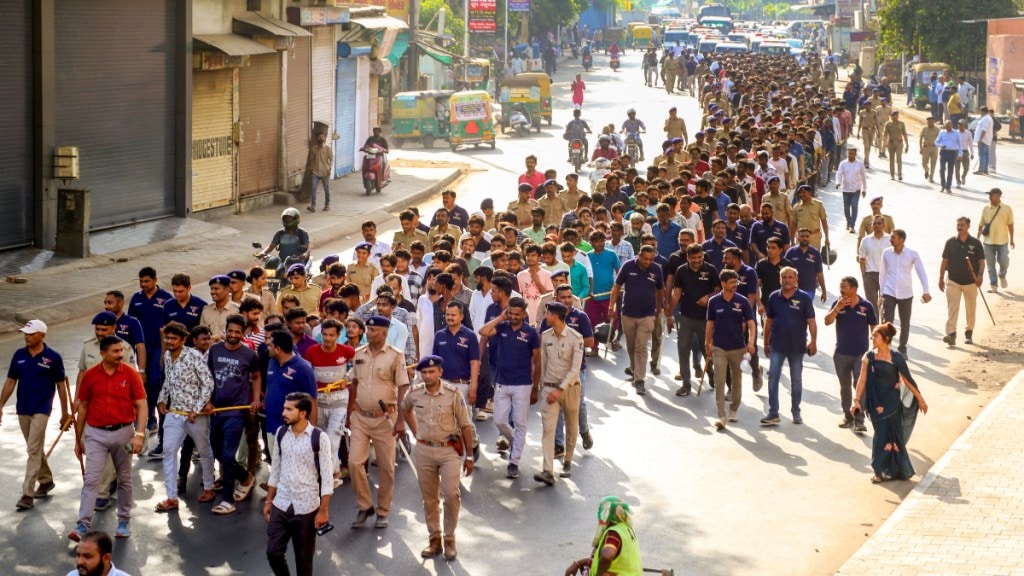Since the launch of Operation Sindoor on May 7, Indian authorities have reportedly sent back over 2,000 suspected illegal immigrants to Bangladesh, government sources have told The Indian Express.
At the same time, a similar number of immigrants have come to the India-Bangladesh border on their own, likely out of fear of the ongoing crackdown. The action is being carried out mainly along the border in Tripura, Meghalaya, and Assam, with Gujarat leading the round-up. Delhi, Haryana, Maharashtra, and Rajasthan have also seen large-scale removals, as per what the sources have told IE.
According to a senior government source, the process is still underway, with states that have major economic hubs actively identifying and removing illegal immigrants after checking their documents. The official told IE that this drive gained momentum after the April attacks in Pahalgam and further intensified with the launch of Operation Sindoor.
Gujarat was the first to act, followed by Delhi and Haryana, and more states are expected to begin similar actions soon. The Ministry of Home Affairs has issued clear instructions, and the states are working in coordination.
The report, citing government sources, said that suspected illegal Bangladeshi immigrants are being flown to the India-Bangladesh border in Indian Air Force aircraft from different parts of the country. Once there, the Border Security Force (BSF) keeps them in temporary camps, provides food and some Bangladeshi currency if needed, and then sends them back across the border after a few hours.
The deportation efforts are mainly focused in Tripura, Meghalaya, and Assam. A security official explained that these states were chosen not because of political reasons, but because the border in these areas makes it easier to send people back. In contrast, the border in West Bengal often cuts through villages and homes, and strong local ties on both sides could create law and order problems.
Around 2,000 Bangladeshi immigrants have also come to the border voluntarily, fearing detention after seeing news reports about the crackdown.
The report suggests that most of those being deported are not resisting. Officials say many of them are poor laborers who would rather return home than face detention or jail in India. After reaching the border, they often contact family members in Bangladesh to come and receive them. Only those who have been living in India for decades are showing reluctance to leave.

